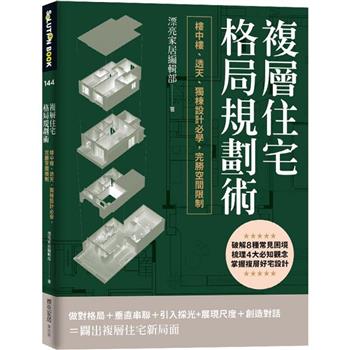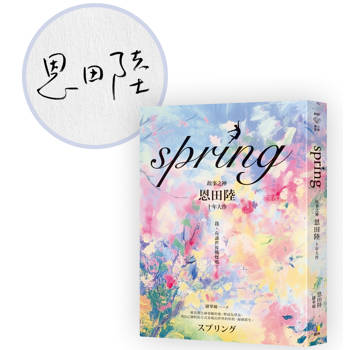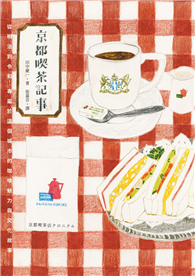Guillermo Meneses undertakes the culmination of his aesthetic project in his latest novel. He shows the modernisation and consolidation of Caracas as a cosmopolitan city. This forms the backdrop for the deployment of an avant-garde urban regionalism that attempts a new definition of Venezuelanness, resorting to a mythifying process that configures a narrative space in which the defence of popular sectors and their leading roles is expressed. In the bars of the bad life and in the Society of the Friends of God, a community of practitioners of the magical-religious rites associated with María Lionza, Meneses’ character claims to have discovered solidarity and human kindness, a kind of antidote to bourgeois technocracy. Towards the end of the article, this same component is explored in the works of Carlos Noguera and Renato Rodríguez, which begin to be read as postmodern narratives in which the composition of a body destined for the life of the city continues to develop.
| FindBook |
有 1 項符合
The Bodies of Modernisation in 20th Century Venezuela的圖書 |
 |
The Bodies of Modernisation in 20th Century Venezuela 作者:Fraile 出版社:Our Knowledge Publishing 出版日期:2023-12-18 語言:英文 規格:平裝 / 56頁 / 22.86 x 15.24 x 0.33 cm / 普通級/ 初版 |
| 圖書館借閱 |
| 國家圖書館 | 全國圖書書目資訊網 | 國立公共資訊圖書館 | 電子書服務平台 | MetaCat 跨館整合查詢 |
| 臺北市立圖書館 | 新北市立圖書館 | 基隆市公共圖書館 | 桃園市立圖書館 | 新竹縣公共圖書館 |
| 苗栗縣立圖書館 | 臺中市立圖書館 | 彰化縣公共圖書館 | 南投縣文化局 | 雲林縣公共圖書館 |
| 嘉義縣圖書館 | 臺南市立圖書館 | 高雄市立圖書館 | 屏東縣公共圖書館 | 宜蘭縣公共圖書館 |
| 花蓮縣文化局 | 臺東縣文化處 |
|
|
圖書介紹 - 資料來源:博客來 評分:
圖書名稱:The Bodies of Modernisation in 20th Century Venezuela
|










